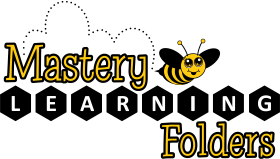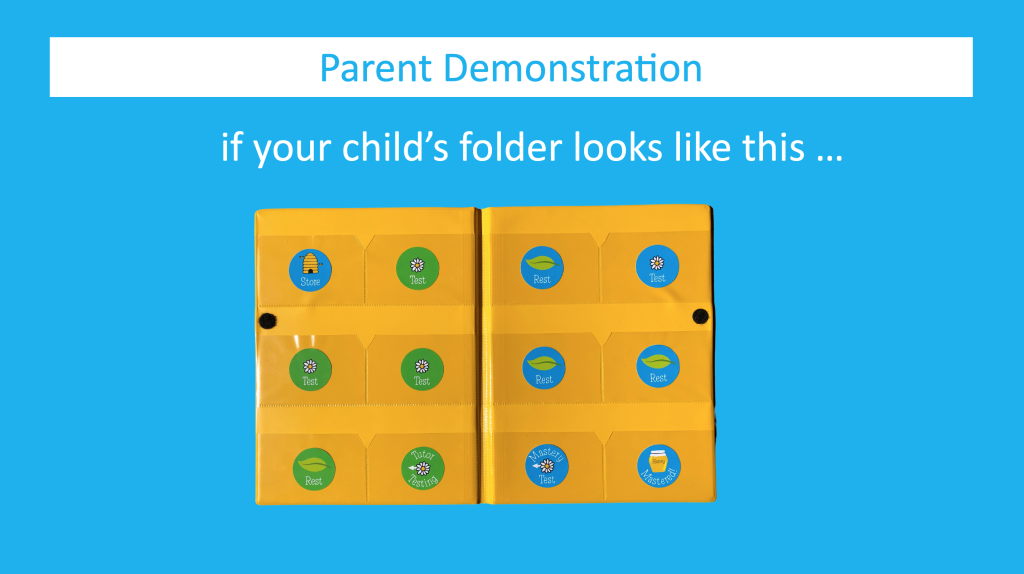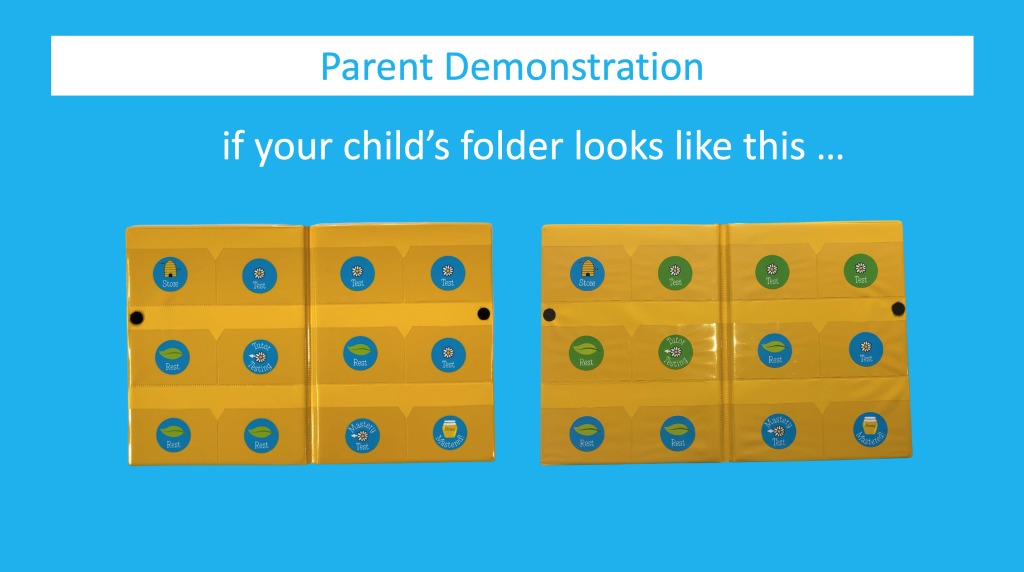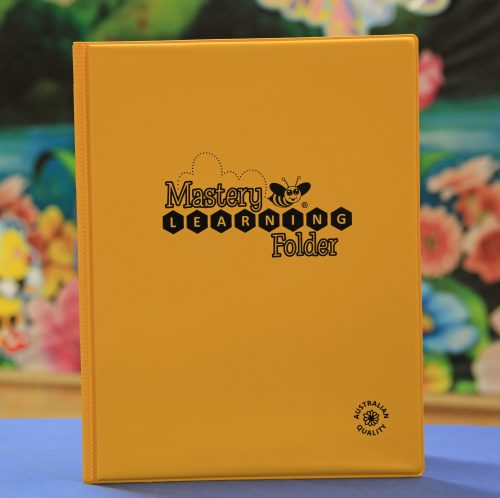Your Child is Lucky to Have You !
Congratulations on taking an active interest in your child's learning - your support can make a huge difference to your child's future! You may be visiting this page because your school has introduced Mastery Learning Folders or you may want to support your child's learning at home for enrichment or to address learning gaps. You may be interested in taking a look at the Parent Guide, then follow the steps below:
I am here to help ...
First, watch the clip "Introduction to Learning Science". This video explains that it is the struggle to remember that strengthens the learning. It will be very helpful if you're able to explain this to your child.
Second, watch the parent demonstration video that shows the arrangement of the pockets in your child's folder. The latest layout is shown on the left (or top), but schools who have been using the folder for a while, may be using the other layout.
Now pick a path !
If you're child is using the folder through school ...
Your child's teacher will provide flashcards that support the learning occurring in the classroom. They may also provide you with Training Flashcards so that you can start straight away from the Tutor Test pocket. Your teacher will let you know how many 5-10 minute practice sessions to complete per week - it's usually around five.
If you have watched the videos above, you will know that the purpose of the folder process is to facilitate a thinking struggle as your child seeks to remember, recall or demonstrate the learning objective as this is what moves the content into long-term memory. However, your observations here are crucial ... if your child experiences too much struggle and not enough success, try adding more practise sessions to the week. What you are looking for is effortful but successful retrievals as the flashcards begin moving through the pockets. If they need it, give your child at least ten seconds to think and come up with the answer.
The teacher will usually request the return of your child's folder once a week to conduct mastery testing of the content. These flashcards will have been resting for longer periods. If your child successfully recalls them, it will provide a good indication that the content has been mastered.
A good place to store the folder is in your child's school bag so that it is always available at home and school.
Here's a Completion Log where you can graph your child's progress together, if you wish.
If you're supporting your child's learning independently ...
First, consider one learning area on which you wish your child to focus. Below you will find some information on supporting foundational learning in early literacy and mental maths. If you begin with other material, make sure you start with what your child knows and build upon it. In the free Flashcard Club, there are blank flashcard sheets if you are writing your own content.
Literacy: Reading
To maximise your child's learning it's very important to start practise from their point of need.
In early literacy, children begin by hearing words and move through developmental stages to where they can hear and manipulate sounds in words. This is called phonological awareness (PA). The next stage, is where they begin to recognise the symbols (letters) that match the sounds (phonemes). They then learn to use letters to blend sounds together (reading) or to separate sounds in words to write them down (spelling). This is called phonics. If your child needs help with reading, a basic pre-test (called a screener) is a good way to find out what they already know and what they need to practise to move forward in their learning journey.
I have created a document from the North East Metropolitan Language Development Centre framework which is called a PA/ Phonics Quick Screener. Print (or view) this document below you'll find eight quick one-page screeners each followed by the recommended practise flashcards for that level. The screener at which your child begins to struggle is the place to start. Print off all the flashcards in that level. Mix them up and put them all into the Store pocket of your child's folder and then transfer around 20 flashcards into the first Test pocket. Now you're ready to go!
After this, continue through all the practise flashcards in the remaining levels. This may take some time–but there is no rush!
Numeracy: Maths
It's very important for all students to develop instant recall of basic number facts and there's a lot of mental mathematics learning that comes before the times tables! When students' hold a large collection of maths facts in their long-term memory, it frees up working memory to focus on maths problem solving. If you feel that your child needs support to develop these skills, I've created a document called "Mental Maths Flashcards". It contains five levels levels of mental maths flashcards. I recommend that you start with Level 1 and print and pre-test each flashcard sheet beginning with 'Numerals to 20'. Any incorrect flashcards should be cut out and placed in the Store pocket of the Mastery Learning Folder. Continue pre-testing the Level 1 flashcard sets until there's an ample supply of flashcards in the Store pocket. Transfer approximately 20 flashcards into the first Test pocket and you are ready to start! As time goes by, continue to pre-test each new Level and set of flashcards, placing any that are not known into the Store pocket.
Support
Don't forget to join the Flashcard Club! If you are using Mastery Learning Folders in conjunction with your child's school, chat with other parents or the classroom teacher if you have questions. If you don't find an answer to your problem I am more than happy to assist or I would love to hear about your child's progress; send and email or Schedule-A-Chat
Now, let's get you sorted with a Mastery Learning Folder!
It's very important to me that any parent or student who wishes to access the Mastery Learning Folder practice process can do so with minimal resources if required. If you're in this situation, you can create your own folder using a flattened cereal box and pockets made from envelopes. Alternatively, if you would like your child to use this study approach throughout their school journey, high quality, durable Australian made Mastery Learning Folders are available. Secondhand folders can be purchased directly, factory seconds and premium Mastery Learning Folders can be purchased through the Online Store.




